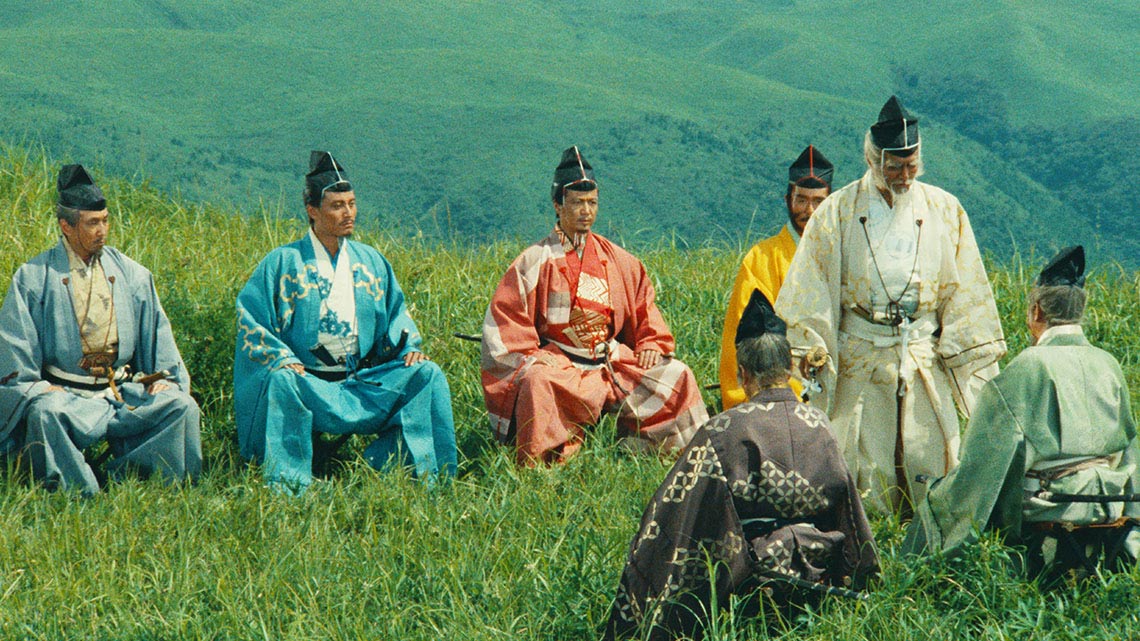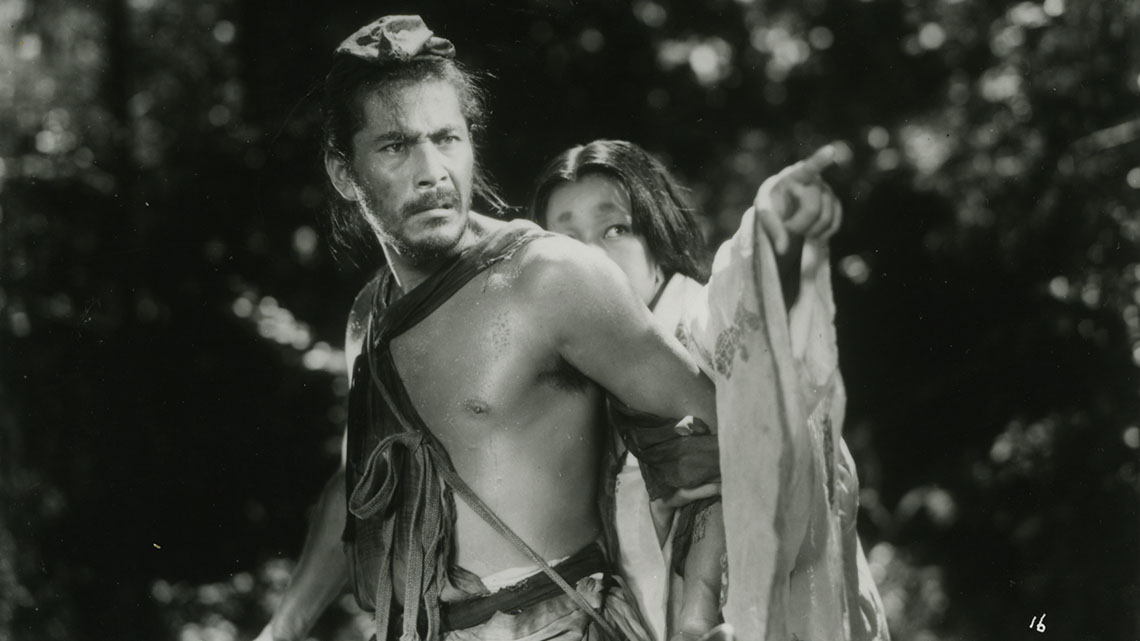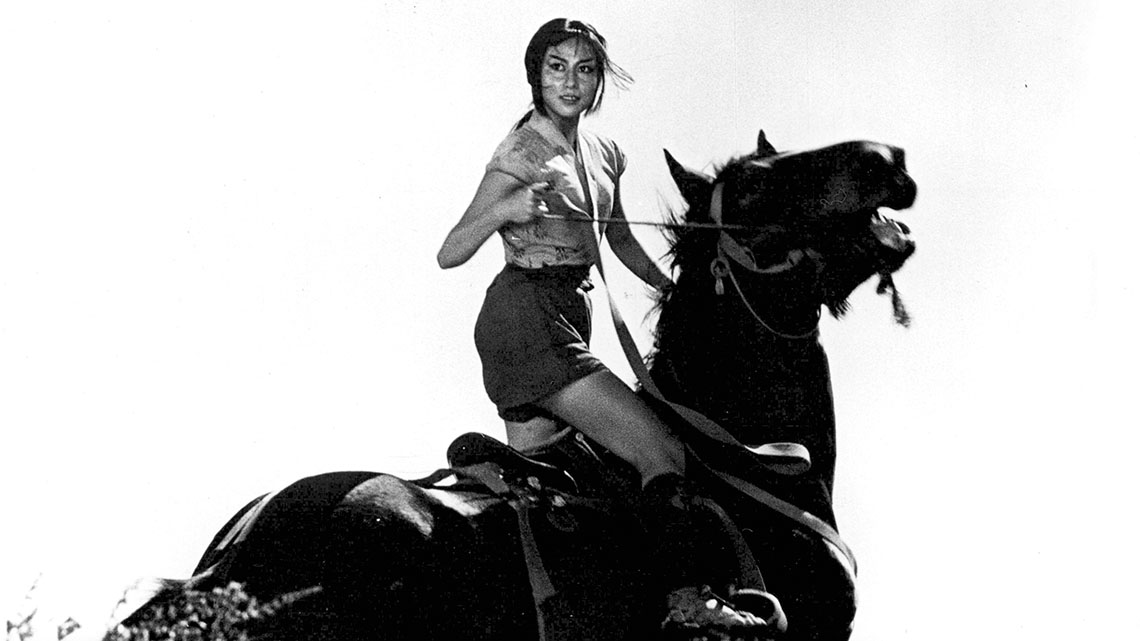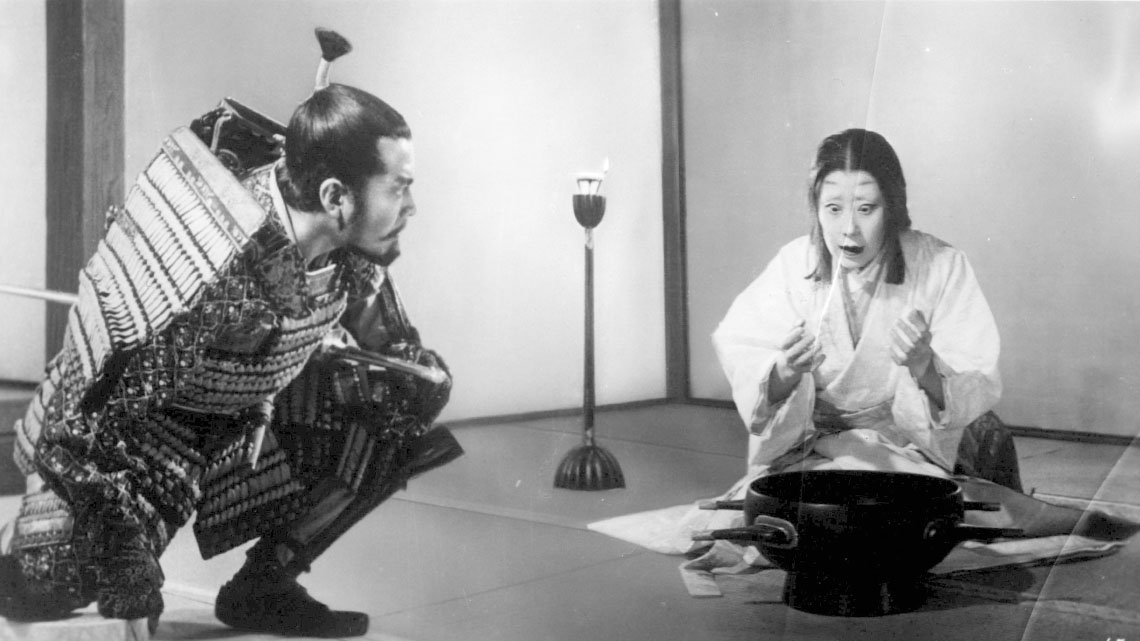Sydney Film Festival is fast approaching with a busy ten days filled with new film previews, family movie nights and barbeques. One of the best things on the agenda is the acclaimed Japanese director, Akira Kurosawa retrospective.

To all the fans of the Golden age of Hollywood and international film, this year’s Sydney Film festival will feature an exciting retrospective of some of finest films, made by one of cinema’s greatest international directors, Akira Kurosawa.
Curated by guest programmer David Stratton and collaborating with the National Film & Sound Archive of Australia and The Japan Foundation, the retrospective will present ten of Kurosawa’s most well-regarded films. Using specially imported and reconstructed 35mm film, his greatest hits will include 1950’s ‘Rashomon’ to 1985’s Ran and screened this June as part of the Sydney Film Festival,
Born in Tokyo 1910, Akira Kurosawa is considered a master for the re-telling of epic stories and screen action. He has influenced generations of filmmakers, including the likes of Francis Ford Coppola, George Lucas and Martin Scorsese. During the ‘golden era’ of Japanese cinema, Akira Kurosawa was by far the best-known director, internationally. Not only were his films made accessible, they were ingeniously executed and paid homage to Hollywood cinema style and the work of John Ford. Kurosawa’s films are described as lyrical, breathtaking but also incredibly human, exploring the problems and concerns of ‘ordinary’ people as well as the heroic exploits of the samurai warriors which he is celebrated for.
When he was young, the director aspired to be a painter and studied art, but was drawn to cinema. He eventually joined the Toho Company in the mid 1930s where he wrote scripts and assisted with films before making his own two-part feature, Judo Saga in 1943. Holding a dynamic yet painterly style, his unique film process would eventually land him his international break during the screening of his 15th century drama, Rashomon at the Venice Film festival 1951.
“The best of Kurosawa’s films possess a grandeur combined with a common touch. No-one filmed action scenes like he did – his use of multiple cameras, long lenses and intricate editing combined to make these sequences unforgettable.” – David Stratton
So far, no other director has filmed with the same creative flair and used a multitude of camera shots like Akira Kurosawa. We look forward to this exciting retrospective of ten of this great director’s finest films!
Here are a few films to keep you on your toes until June!
Rashomon (1951)

The murder mystery that received international praise at the Venice Film Festival for its exploration of the subjective nature of truth. This film tells the tale of a bandit accused of murdering a samurai and assaulting his wife – but is this entirely true?
The Hidden Fortress (1953)

Can you believe this is the adventure story that inspired the entire Star Wars franchise back in the 70s? No, we’re not joking. This film features a princess on the run from her enemies and the brave warrior who defends her.
The Throne of Blood (1957)

This is a magnificent re-invention of the classic tragedy ‘Macbeth’, with elements of Japanese Noh theatre incorporated in the drama. For those who love the play-wright Shakespeare, then this beautiful and ominous film is for you!







